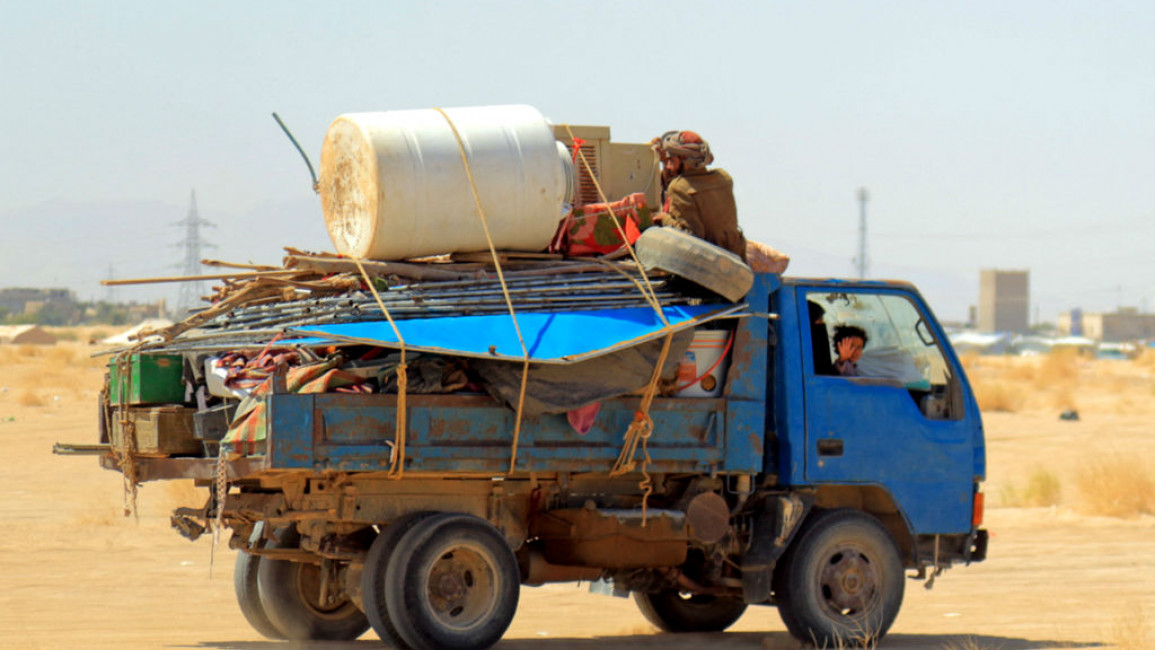Yemen: Over 116,000 people displaced in Marib in 2021
More than 116,000 civilians were displaced in Yemen's central province of Marib in 2021, Yemeni authorities announced on Sunday.
The figure was provided by the government-affiliated Executive Unit for IDP's Camps Management, who said that over 2.2 million Yemenis had been displaced in Marib province overall since 2014. Marib was home to three million people prior to the conflict.
Fighting between the Yemeni government forces and Houthi rebels has intensified over the past year in the province, considered by all parties as crucial because it is the internationally recognised government's last stronghold in North Yemen, and the country's sole gas producing region with one of its largest oilfields.
The war in Yemen is largely seen as a proxy war between Saudi Arabia and Iran.
The Iran-backed Houthi rebels, whose popular base is in northern Yemen, ousted the Yemeni government from power and took control of the capital Sanaa in 2014.
The Houthi victory prompted Saudi Arabia to intervene in 2015, at the head of a coalition composed of mostly Gulf states.
The Saudi-led coalition backs the Yemeni government, now based in the south of the country, that is seen as a rampart against Iran's growing influence by neighbouring Gulf States.
The coalition's deadly airstrikes against the Houthis have received repeated criticism from human rights watchdogs and the UN Secretary-General Antonio Guterres, due to a high civilian death toll.
The war in Yemen has killed tens of thousands and caused what the United Nations describes as the world's largest humanitarian crisis.
The UN have warned that nearly 80 percent of the country (about 30 million people) are in need of humanitarian assistance and more than 13 million are at risk of starvation.



